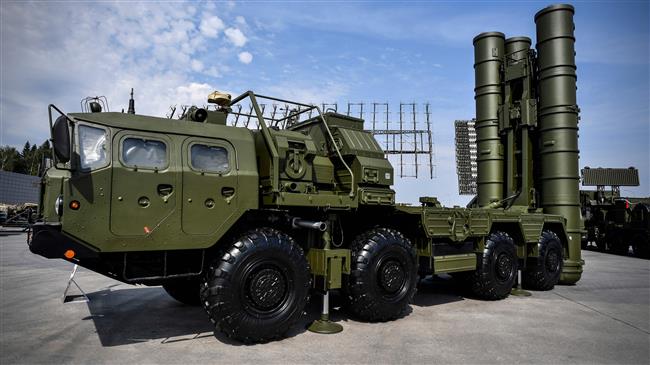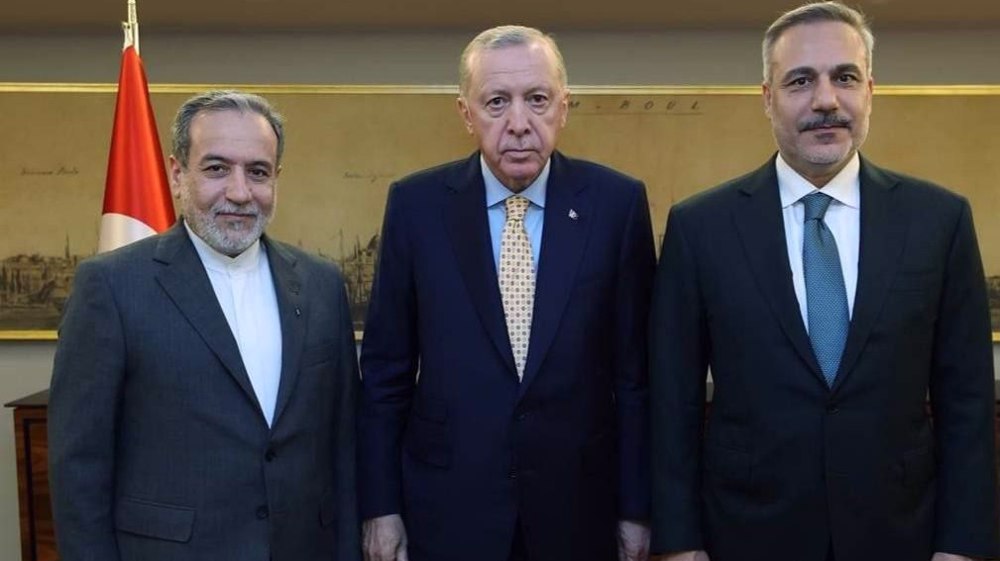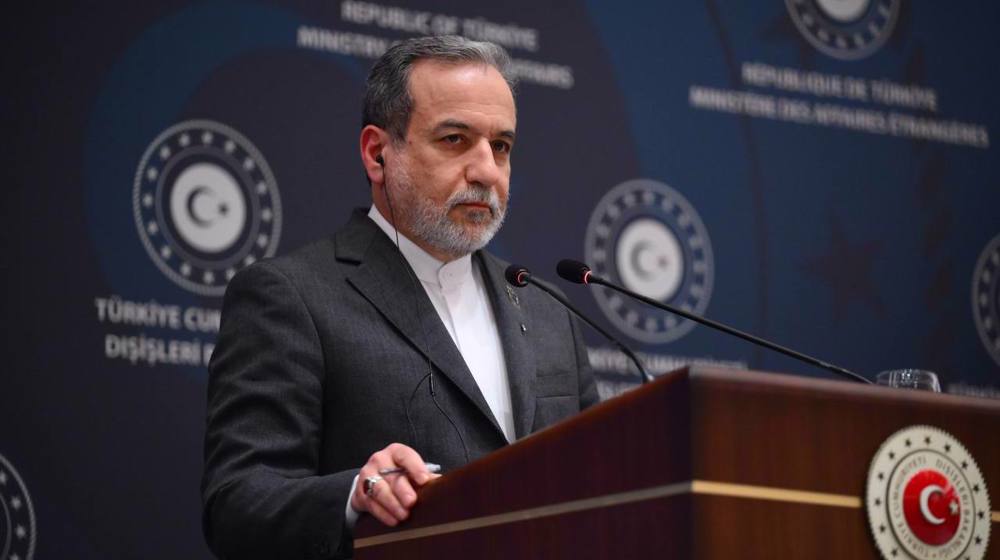‘Russia to fulfill S-400 sale to Turkey despite Patriot deal’
The Kremlin says there is no link between Turkey’s possible purchase of US Patriot surface-to-air missile (SAM) systems and that of the advanced Russian-built S-400 air defense missile system, saying Moscow is in the process of fulfilling the terms of the deal with Ankara.
“These are not connected processes. In this case, we are fulfilling agreements that we have with our Turkish colleagues. You know that the contract is being fulfilled. This will be continued,” Kremlin spokesman Dmitry Peskov said on Wednesday.
Peskov's remarks came a day after the Pentagon announced that the US State Department had approved a possible $3.5 billion sale of Patriot missile systems to its NATO-ally Turkey, after notifying Congress of the certification.
The sale would cover the procurement of 80 Patriot guidance-enhanced missiles and 60 other missiles along with related equipment, including radar sets, engagement control stations and launching stations.
Peskov further said that Russia trusted its Turkish partners not to disclose certain data about the S-400 system to its NATO partners.
#Kremlin Says Pressing on With S-400 Missile Sale Despite U.S. Deal with #Turkey
— Hadi Albahra (@hadialbahra) December 19, 2018
Statement comes after Pentagon says U.S. had approved a possible $3.5 billion sale of rival Patriot missile defense systems to Ankara
Reutershttps://t.co/N5EOdyqnSb
“As a rule, Russian defense military and defense cooperation with other states necessarily envisages legal obligations on non-disclosure of certain categories of information, of sensitive data related to this cooperation. In case with the Turkish side, there are such obligations as well… We see no reason not to trust our Turkish partners,” Peskov said.
Moscow and Ankara finalized an agreement on the delivery of the S-400 missile systems in December 2017. The deal has drawn concerns among some of Turkey’s NATO allies, who claim the missile batteries are not compatible with those of the military alliance.
The S-400, whose full name is the Triumf Mobile Multiple Anti-Aircraft Missile System (AAMS), is an advanced Russian missile system designed to detect, track, and destroy planes, drones, or missiles as far as 402 kilometers away. It has previously been sold only to China and India.
Russia will press on with the sale of S-400 missile systems to Turkey despite Washington’s offer to sell rival Patriot missiles to Ankara as both purchases should be seen as separate from each other, Kremlin spokesman says https://t.co/FuvpGzFHZf
— DAILY SABAH (@DailySabah) December 19, 2018
On April 3, Turkey’s President Recep Tayyip and his Russian counterpart Vladimir Putin said in Ankara that they had agreed to expedite the delivery of the S-400 missile systems. The delivery had previously been scheduled for late 2019 and early 2020.
Earlier in October, Turkish Defense Minister Hulusi Akar said the deployment of the Russian air defense systems would start next year.
Ankara has already begun constructing a site for the S-400 deployment, according to reports.
Washington and its NATO partners have been striving to prevent the sophisticated Russian-built anti-aircraft weapon system from collecting information about the US-made all-weather stealth multirole warplanes, technically known as the Lockheed Martin F-35 fighters, just as they are gaining a foothold in Europe.
The US has warned that any such acquisition would inevitably affect the prospects for Turkish military-industrial cooperation with the US.
Turkey is working to boost its air defense, particularly after Washington decided in 2015 to withdraw its Patriot surface-to-air missile system from Turkey’s border with Syria.
The #Kremlin said on Wednesday it was pressing ahead with the sale of advanced Russian S-400 missile defense systems to #Turkey despite the U.S. State Department approving the sale of a rival U.S. missile defense system to #Ankara.#Moscow #S400 #Russian #Russia pic.twitter.com/0ZrkR6fk8N
— Economic Divide (@ED_Program) December 19, 2018
Before gravitating towards Russia, the Turkish military reportedly walked out of a $3.4 billion contract for a similar Chinese system. The withdrawal took place under purported pressure from Washington.
ICE quietly buys warehouses for major detention expansion
Family of US citizen killed by Israeli settler demands end to impunity
VIDEO | Press TV's news headlines
VIDEO | Trump’s 'Gaza Riviera' vs. tents: Deep divide over US' 12-point plan
VIDEO | Palestine Action is back!
Iran’s military alertness main ‘deterrent’ against enemy miscalculations: Top commander
Hezbollah confirms 8 fighters killed in Israeli strikes on eastern Lebanon
Settler attacks in West Bank have displaced 880 Palestinian families: UN










 This makes it easy to access the Press TV website
This makes it easy to access the Press TV website